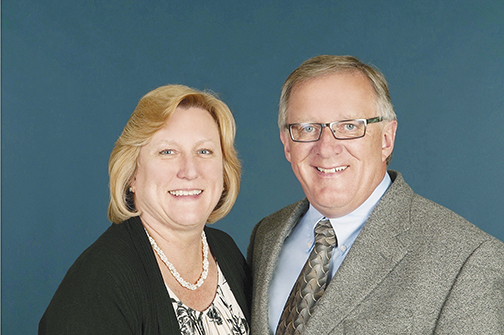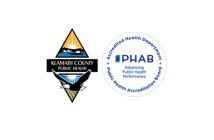Whether aging adults are safe living at home is a question many adult children ask about their parents, especially if they live at a distance. The answer is complex, loaded with emotion and varies as Mom and Dad’s health changes. Most seniors want to remain in their home.
Having to move to a “facility” is perceived as a sign of advancing age and failing health, something no one wants to admit. They often fear it will mean the loss of independence. How to afford the move can be an even bigger concern. And yet, living safely in your environment is of paramount importance. Here are some questions to ask when trying to decide if Mom and Dad are safe.
Are they at risk of falling and can they get help quickly if they do fall or have another emergency? Falls are the most common cause of both fatal and nonfatal injuries among seniors. Many factors increase a senior’s fall risk including medications, bowel and bladder issues, sensory and neurological decline, difficulty walking, tripping hazards in the home, poor lighting and even pets. Osteoporosis increases the risk of a fracture if they do fall and medications can increase the risk of bleeding. Some of these fall risks can be corrected with minimal expense. Others require more planning.
Are they able to manage their own medications? Medication errors result in 28 percent of senior hospitalizations. On average, people over the age of 80 take 18 prescription medications per year. Seniors often have difficulty reading the small print on medication bottles. They frequently forget to take their medications, don’t understand the doctors’ instructions or don’t understand the purpose and side effects of the medications. Self adjusting medications can lead to serious health problems.
Are they getting good nutrition and eating properly to manage other health conditions? Are they losing weight? Does food spoil in the refrigerator? As seniors’ memory begins to fail the risk of a fire from a forgotten pot on the stove increases. Seniors often eat more prepared food because of the convenience and smaller portions. These foods tend to be high in salt, fat and calories and low in fiber. Difficulty swallowing or tremors can make eating more difficult.
Are they able to safely perform the activities of daily living? Personal hygiene sometimes becomes poor because they have difficulty bathing or getting to the bathroom in time. A dirty or cluttered house may be a sign they are no longer able to maintain their own home. An early sign of dementia can be utilities being turned off because they forgot to pay the bill. Lack of transportation may become apparent when they miss doctors’ appointments or stop refilling their medications. Minor traffic accidents, tickets or getting lost may be a sign they are no longer safe driving.
Are they socially isolated or have they stopped participating in activities they used to enjoy? Depression is an often overlooked problem with seniors which can lead to increased pain, deconditioning, increased fall risk, self medication and general decline in health. Social isolation is associated with an increased rate of Alzheimer’s disease and mortality.
Are they becoming more confused or forgetful? Decline in cognitive functioning can be related to a number of issues including medications and untreated medical problems and should not be dismissed as advancing age. Wandering can be very dangerous, especially with winter approaching. Changes in personality and mood with advancing dementia can become a danger to the patient and other family members if not controlled. Increased confusion makes seniors more vulnerable to fraud and abuse and they often need help managing their finances to prevent this abuse.
Are Mom or Dad’s caregiver taking care of themselves? We too often see family caregivers who are exhausted, losing weight, depressed and in declining health because they are neglecting themselves to care for their loved one. I often ask them, “If you don’t take care of yourself and something happens to you, then who will care for your loved one?”
Many changes affecting seniors’ safety at home occur gradually. Family members who see Mom and Dad regularly may not notice the changes. The seniors themselves often do not see the changes in themselves.
Family members who come to visit for the holidays may be the first to recognize a decline. Seniors are often able to compensate and cover up the changes in familiar surroundings, but become more confused when away from home. Sudden changes can be a symptom of a new or worsening health problem or a medication change and should be investigated.
If you are concerned about your loved one’s safety, it is time to discuss the situation with a professional. Make an appointment with their doctor if you are concerned about a new health issue or worsening confusion. Contact a Professional Geriatric Care Manager to get help in planning how to care for Mom and Dad as changes occur, to plan for future care and to give yourself the peace of mind that Mom and Dad are getting the best possible care.
Paul Battle Senior Care Advocates is the first and only certified geriatric care management firm in Central Oregon. We can provide an in-home assessment to help determine if Mom and Dad are safe at home and develop a long-term care plan. Call Paul Battle Senior Care Advocates at 877-867-1437, send us an email at info@PaulBattle.com or visit our web page at www.PaulBattle.com.





